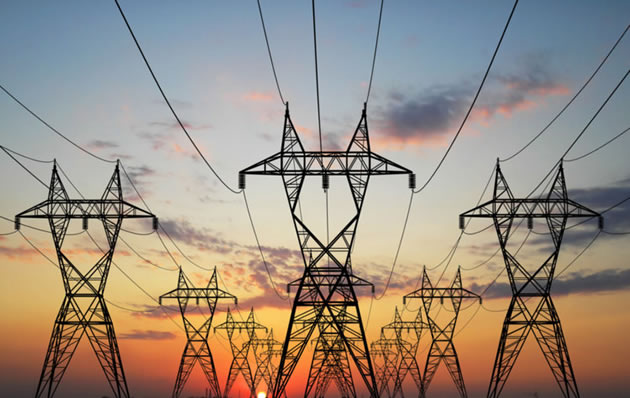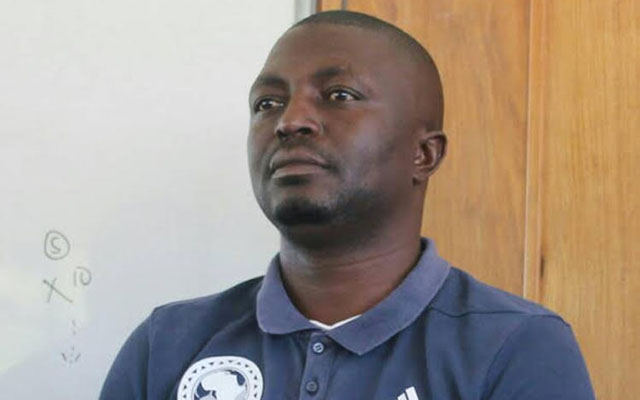Africa needs $80bn for energy, says ADB

Innocent Ruwende in Bonn, Germany
At least $80 billion dollars is required to provide electricity to over 645 million Africans and spur economic growth and support the continent’s growing population, the African Development Bank has said.
According to the World Bank, energy infrastructure is problematic in Africa owing to inadequate capacity, poor consistency and high costs. The bank says at least 25 countries in sub-Saharan Africa are facing an energy crisis.
Speaking at an event organized by World Wide Fund for Nature (WWF) and Access Coalition titled, “Integrating Energy Access into NDCs to Build Inclusive Climate Resilient Economic Development” on the sidelines of the 23rd session of the Conference of the Parties (COP23) to the United Nations Framework Convention on Climate Change (UNFCCC) under way here, African Development Bank Group division manager (Climate and Green Growth) Mr Dorsouma Al-Hamdou said his bank had provided $12 billion to light up Africa.
“Energy access is currently our top priority. We are concentrating on five key areas and the first is lighting up Africa. At least $65 billion to $80 billion is required and our bank has provided $12 billion. There is a financial gap,” he said.
“We are working hard to harness Africa’s renewable energy potential and we are implementing several hydro projects in Africa.”
Asked why the bank was supporting construction of some coal energy plants which are not environmentally friendly, Mr al-Hamdou said, “America, Asia and Europe are investing in coal why do you want Africa to be different.”
Zimbabwe head of delegation Secretary in the Ministry of Water Resources Development and Climate Mr Prince Mupazviriho said renewable energy from solar, biofuels, wind energy and hydro-power can leap-frog the nearly 1,1 billion people who are still to access modern forms of energy worldwide.
“Given that the great majority of Nationally Determined Contributions (NDCs) comprise renewable energy contributions of one kind or another, many of them unconditional, NDCs contain a de facto roadmap of future renewable energy investment, much of which will ultimately come from the private sector,” he said.
“Additionally, many developing country NDCs contain rural-development and pro-poor renewable energy contributions, such as the electrification of rural areas with standalone photovoltaic (PV) systems and mini-grids or sustainable use of biomass.”
Mr Mupazviriho said while renewable energy was generally considered a mitigation contribution, it is important to note that many countries include renewable energy components in their adaptation plans.
He said African countries have renewable energy as adaptation contributions.
Zimbabwe, he said, was using its home-grown economic blue print Zim-Asset, which promotes energy access and energy efficiency.











Comments